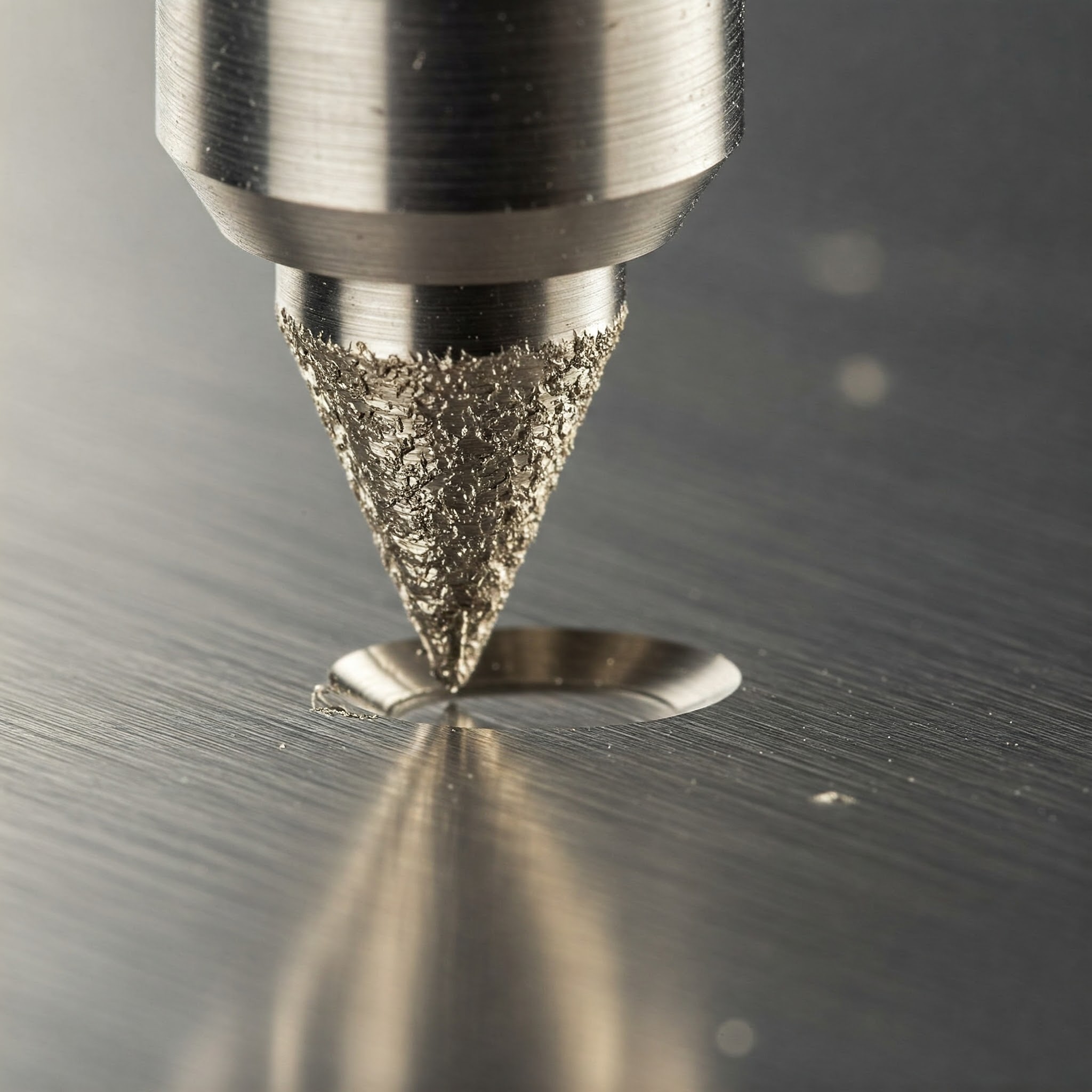
Global Markets and Material Performance
2025/04/15
Introduction:
The demand for reliable material testing instruments, particularly hardness testers and abrasion resistance testers, spans a wide range of industries globally. The market coverage of these instruments reflects the critical need to ensure the product performance and durability of materials used in diverse applications, from automotive components to electronic device housings. Understanding how these tests are applied across different sectors and their influence on market acceptance is essential for both manufacturers and end-users.

Broad Market Coverage of Hardness Testers:
Hardness testers boast extensive market coverage due to the fundamental importance of hardness as an indicator of material strength, wear resistance (in some contexts), and process quality. In the automotive industry, hardness testing is crucial for evaluating the durability of engine components, gears, and body panels. The aerospace sector relies heavily on hardness testing to ensure the integrity of critical structural parts made from specialized alloys. The electronics industry utilizes microhardness and nanohardness testers to assess the properties of thin films and coatings. The global standards set by ISO and ASTM facilitate the widespread adoption and comparability of hardness testing across these industries.
Significant Market Presence of Abrasion Resistance Testers:
Abrasion resistance testers also enjoy significant market coverage, particularly in industries where surface wear is a primary concern. The coatings industry relies heavily on abrasion testing to evaluate the durability of paints, varnishes, and protective layers. In the textile and flooring industries, abrasion testing determines the lifespan and aesthetic appeal of products under wear conditions. The automotive sector uses abrasion tests to assess the durability of interior trim and exterior finishes. The increasing demand for long-lasting and aesthetically pleasing products drives the continued growth of the abrasion resistance testers market.
Impact on Product Performance and Market Acceptance:
The results obtained from hardness and abrasion resistance testing directly influence product performance and ultimately, market acceptance. Materials that demonstrate adequate hardness and abrasion resistance are more likely to meet customer expectations for durability and longevity. Manufacturers often use these test results in their marketing materials to highlight the quality and resilience of their products. Compliance with global standards through rigorous testing builds consumer confidence and facilitates international trade.
Industrial Applications and Quality Control Instruments:
Both hardness testers and abrasion resistance testers are indispensable quality control instruments in manufacturing environments. They enable companies to verify that incoming materials meet specifications, monitor the consistency of production processes, and ensure the final products adhere to quality standards. Investing in reliable testing equipment is crucial for maintaining product quality, reducing defects, and enhancing customer satisfaction across various industrial applications.
Conclusion:
The market coverage of hardness testers and abrasion resistance testers is extensive, reflecting their vital role in ensuring product performance across diverse industrial applications, including automotive, aerospace, electronics, and coatings. Adherence to global standards and the use of these instruments as key quality control instruments significantly impact market acceptance and build trust in the durability and reliability of manufactured goods.
Previous: Decoding Material Durability: The Distinct Roles of Hardness and Abrasion Resist
N e x t : How Hardness and Abrasion Resistance Testing Translates to Product Experience



